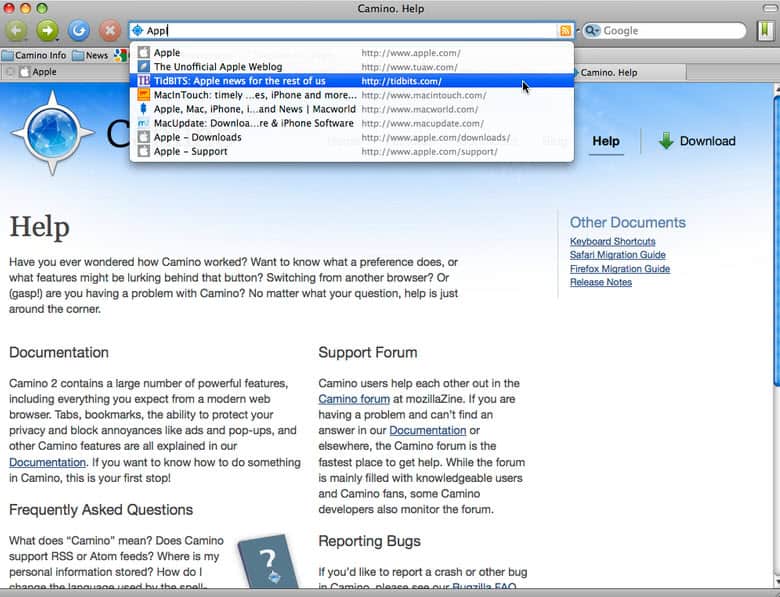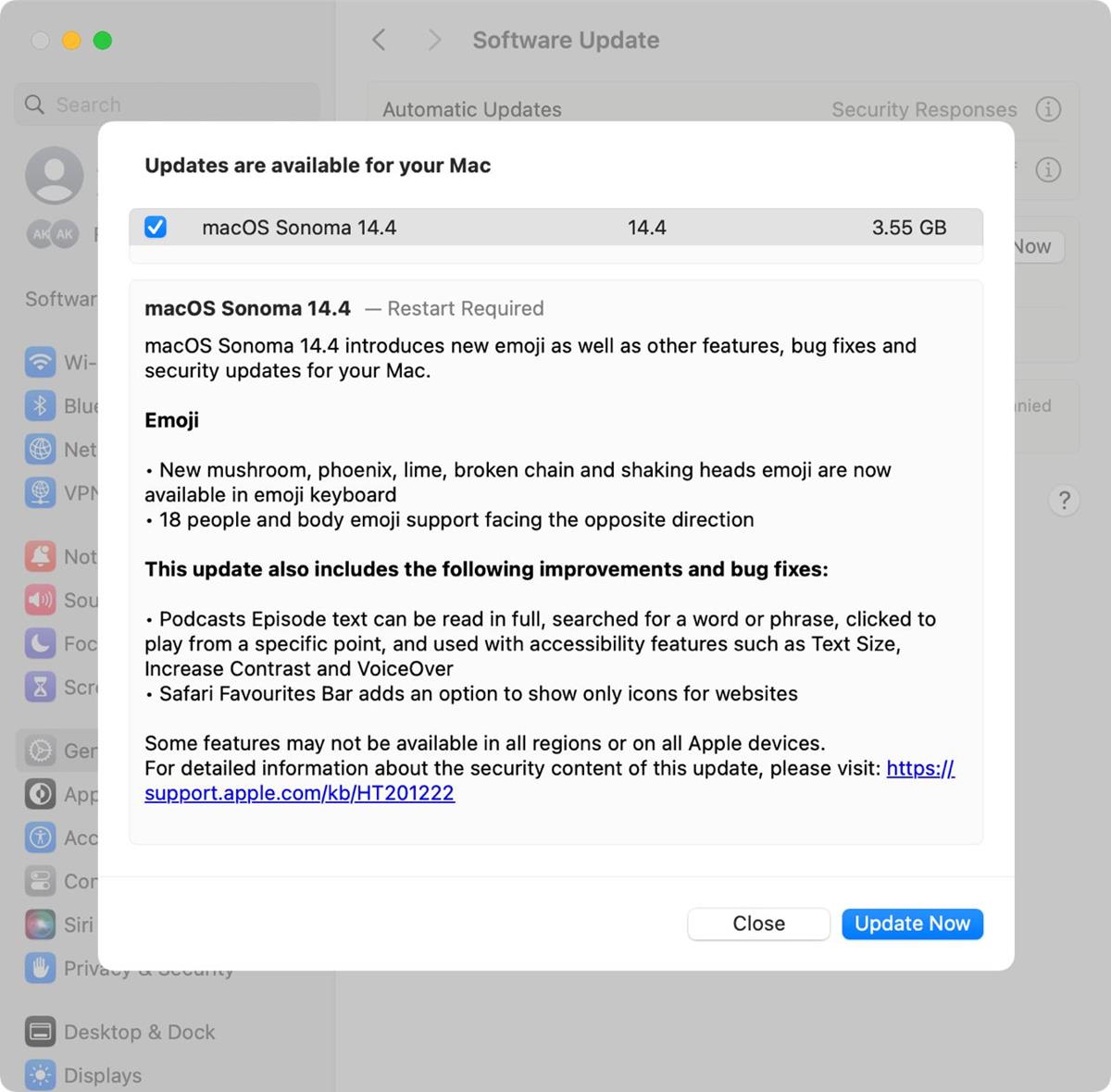Camino browser finally calls it quits

Chrome, Firefox, Internet Explorer, Opera and Safari seem to own the web browser market, but that does not mean they are the only choices -- Torch, for instance, is up and coming and many smaller businesses continue to claw for market share. Now the browser front has become just a bit smaller as Camino has bowed out.
The browser, which began back in 2001, was an open source project and based on the Gecko engine. However, in place of an XUL-based user interface which is used by most Mozilla-based applications, Camino used the Mac-native Cocoa APIs. This week the organization announced in was shutting down after its long run.
"After a decade-long run, Camino is no longer being developed, and we encourage all users to upgrade to a more modern browser. Camino is increasingly lagging behind the fast pace of changes on the web, and more importantly it is not receiving security updates, making it increasingly unsafe to use"
The Camino browser had reached version 2.1 and was compatible with Mac OS X 10.4 or later versions and was available in English, Dutch, German, French, Italian, Japanese, Chinese, Swedish, Norwegian and Spanish.
The company explains that Mac customers now have a greater range of browser choices, such as Chrome and Firefox, in addition to Apple's own Safari. Many former Camino developers have moved on to these projects now.
With both Chrome and Firefox racing through updates and becoming extremely popular alternatives to the built-in Safari, there was really no room left for Camino. The organization announces that it wishes to thank "all our loyal users, and to everyone who contributed in countless ways over the years to make Camino what it was".
The browser had a great run and, despite being little known by the average user, it had a core group of fans that stuck with Camino right up until the end. However, it is now time to move on, as with  no future updates, the browser will become a security risk.
Advertisement



















@noswal Lunascape has the ability to switch between the Trident, WebKit, and Gecko engines.
@smaragdus K-Meleon is not really dead; it is on indefinite hold according to its developers. However, K-Meleon is open-source so anyone can continue it. Also, there are some more web browser engines that exist today (such as KHTML).
@Ge
I would be very glad if K-Meleon comes to life again, even if it dumps Gecko and becomes Webkit-based. I miss it since it was the fastest browser. I no longer use it since it employs an outdated core and many pages are not rendered correctly. As far as I know the original developer of K-Meleon just gave it up and there is no one willing to develop it. I do hope a talented developer will join this great project and K-Meleon will come back.
been fan of opera since the beginning, unfortunately i had to use chrome for common site due to incompatibility issues. i dont know about engines but opera should had stick to presto, presto is quite fast than chrome though compatibility is suffering.
Recently discovered Lunascape and find it to be a very impressive browser.
It will probably become my main browser to use before long.
Have always preferred FF but we know what is happening there.
Google Chrome is is destroying the web. K-Meleon died, Opera and Firefox are heading to self-destruction, and now Camino ceases to exist. Within a year or two there will be only IE, Chrome and its clones.
Lulz….. There are so many browsers out there other than the big ones you just named. Here are some of them: http://www.comptalks.com/top-10-best-internet-browsers-of-2012/ There’s also branches of the main ones like Chromium, Palemoon, etc….
PaleMoon is cleaned and trimmed FireFox. SeaMonkey also uses the same Gecko engine.
All others are either clones of Chrome- SRware Iron, Spark, Torch, Comodo Dragon, etc
Or shells using either Trident or WebKit, or both- Avant, Maxthon, GreenBrowser, CrazyBrowser, TheWorld Browser, SlimBrowser, Slim Boat, etc
There are only four engines- Trident (IE), Presto (Opera), Gecko (FireFox, SeaMonkey, PaleMoon, K-Meleon, and WebKit- Safari, Chromium, etc
So Opera is dumping presto and is becoming a clone of Chrome as well.
FireFox is copycatting Chrome
IE is not usable.
Very soon Chrome will totally dominate the browser market and this would not be better than the times when IE was the one and the only.
Google Chrome is the worst thing that has ever happened to the internet (I am not talking about its privacy violations).
It’s very nice of them to be so opened about what happened to their company and their product. However, I’m not entirely sure that I understood what you wrote in the first paragraph about Camino in comparison to the Torch browser.